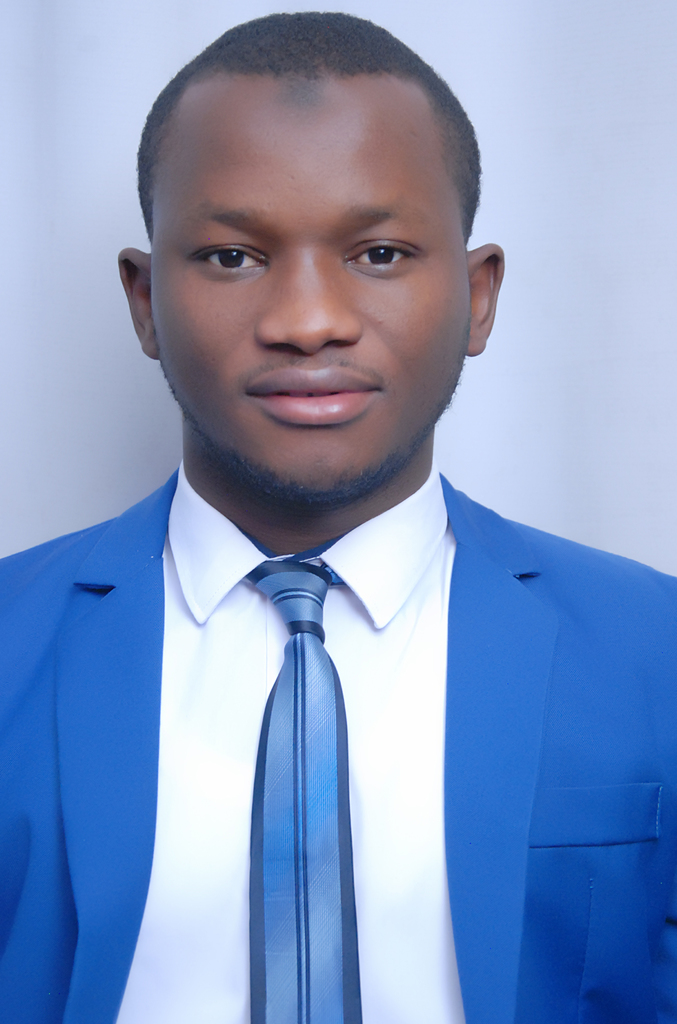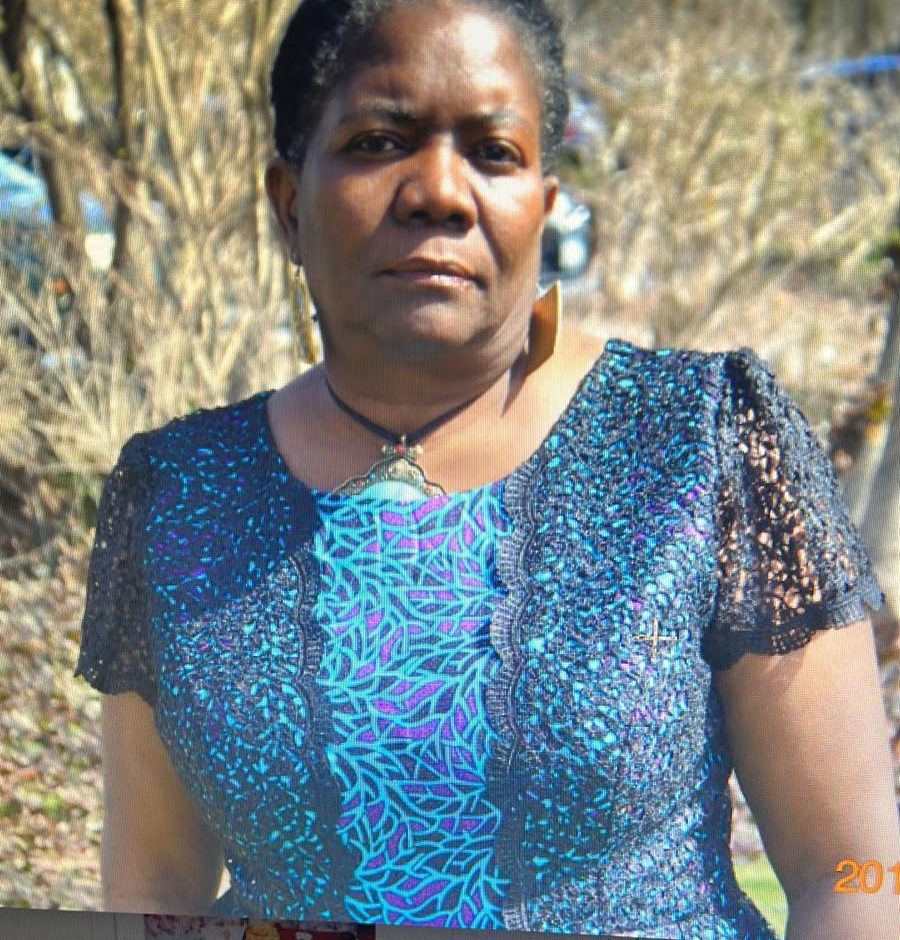Dr. Ousman Gajigo
We are now beginning to see the real face of the Barrow regime. It is a regime that is signaling to us that it is willing to take any action to ensure that they stay in power no matter how immoral.
The government’s message is unmistakable for there is no other reasonable interpretations of the statements made by the Minister of Interior, Mr. Mballow and the youth advisor to President Barrow, Henry Gomez during a campaign rally held in Brikama about a week ago.
Furthermore, these statements were made right in Barrow’s presence. And after several days, neither Barrow himself nor anyone on his behalf has repudiated those abhorrent remarks, implying that these utterances have his support and blessing.
Before the remarks, The Ministry of Interior made a big show of unveiling its recently arrived water cannons. Minister Mballow’s remarks in Brikama was the culmination of a week of planned intimidation of the Gambian people by explicitly warning that water cannons would be spraying hot water on any protesters. This was actually interesting since the effectiveness of water cannon typically comes from the high velocity jets being shot at people.
Adding hot water to the mix seems to be a Barrow government innovation. Mr. Mballow’s attempts at intimidation was topped by Mr. Gomez who declared that any youth who protest could be shot with live bullets.
I certainly hope that I am not among a small minority of Gambians who are shocked at such utterances from officials of this government. These remarks betray the true position of President Barrow and his officials about democracy. In other words, these are fair weather democrats whose support for democracy and its principles exists only in so far as they benefit directly by staying in power. If the effect of democracy means that their hold on power is threatened, all bets are off.
Let us revisit how we came to be in this situation today as a growing number of citizens are clamoring for Barrow to step down after the promised 3 years. President Barrow himself and the 2016 Coalition went before the Gambian voters and declared that the flag bearer of the Coalition would not be a member of any party and would resign after only 3 years in power in a transitional government.
The political parties and Adama Barrow knew the details about the Gambian constitution before they made their promise to the Gambian population.
Just like other African leaders who couldn’t get enough of power once they got a taste, Barrow has now completely reneged on this promise. He is falsely claiming that he cannot leave power after 3 years because the constitution mandated 5 years. After all, this is the same President Barrow whose government conveniently changed parts of the constitution moments after coming to power when it suited him politically.
President Barrow and his officials have now demonstrated that they are nothing but a bunch of power-hungry and lying politicians. To compound this problem, the government is now willing to take any action, including the threat of shooting protesters even when it is the constitutional right of the people to assemble.
In a way, Adama Barrow has made a challenge to all Gambians: He is effectively declaring his position and daring us to do anything about it. Now, the ball is in our court, so to speak. We have undergone 22 years of dictatorship. If that does not teach us lessons, nothing ever will. In case we have forgotten, Jammeh’s government also started out by making all the right noises about transparency and accountability.
However, when the constitutional consultative process ended in 1996, President Jammeh conveniently discarded the recommendation on the term limit. President Barrow is unwittingly signaling to us that he is unlikely to be any different. The parallels cannot be missed.
There are some limits to what Barrow and his government can get away with it. But there is a still a lot of potential damage to the country within such limits. For instance, I’d like to think that Barrow cannot ignore the term limit requirement from the upcoming report of the Constitutional Review Commission (CRC) and get away with it. But what he will attempt to do is to embark on the next best thing for himself.
The CRC will most likely make its recommendation in a few months’ time. What this government will do is to sit on the recommendations for as long as possible. In other words, Barrow’s government would aim to have this current constitution in place as close to the end of his term as possible because the current constitution, which is Jammeh’s creation by the way, is designed to empower and protect the executive at the expense of everyone else.
And then, like the former President Abodulaye Wade of Senegal, he would claim that the two-term limit does not include this present term, and would assert his claim to be eligible for another two terms. In other words, his long-term goal would be to remain president for at least 15 years.
To allow ourselves to be ruled long-term again by politicians who cannot imagine life outside the hall-ways of power would be bad. But it would be especially bad if we are to subject ourselves to 15 years of rule by an administration as incompetent as that of Adama Barrow’s – a government that only pays lip service to democracy.
We need to call the government’s bluff. Gambians need to exercise their constitutional right to free speech and free assembly. No action or word is too small. The only thing that is guaranteed to have zero effect is to do nothing. The water cannons run on finite supply of water, which means they can only intimidate if we allow them.
The threat of violence from the security personnel’s’ bullets cannot overwhelm people’s right to future betterment. We must hold this government to the 3-year promise it made to the country. As for individuals without integrity and any principle such as Minister Mballow and Mr. Gomez, I hope your utterances will one day come to haunt you.
Ousman Gajigo is an economist. He has held positions with the African Development Bank, the UN, the World Bank and Columbia University. He holds a PhD in development economics. He is currently an international consultant and also runs a farm in The Gambia.




